Liquidambar Non-Profit Organization
Balance in our worldAligned with the 2030 agenda
Liquidambar Non-Profit Organization
Balance in our worldAligned with the 2030 agenda
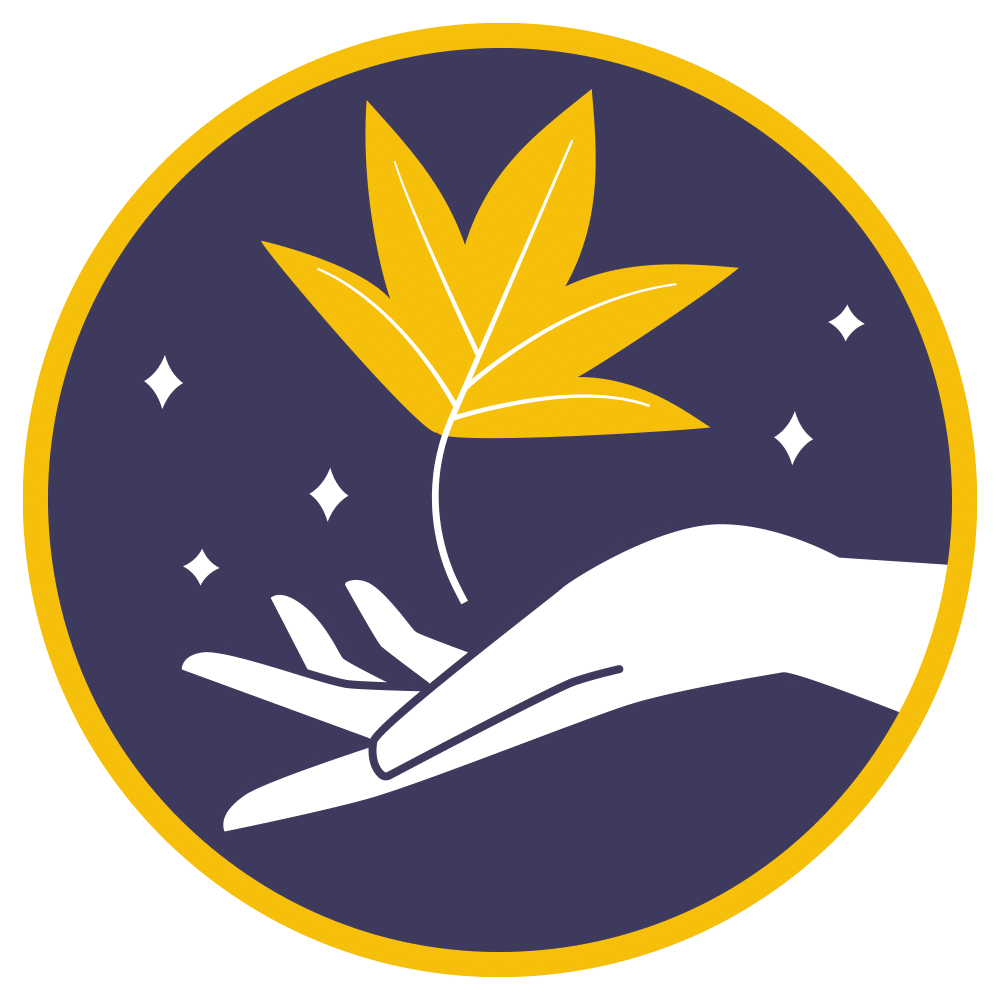
About Us
Our project integrates ecology and culture as indivisible aspects of a same ecosystem. We contemplate cultural diversity and gender equality in all contexts where common good is sought.
Liquidambar is a non-profit organization created in 2011, with the idea of sharing cultural and ecological projects within a healthy social climate.
Since our first ideas were defined, over a decade ago, we have come a long way. We’ve developed new alliances and now offer a great diversity of options to work with. Our members participate with universities, non-profit organizations, and national and international institutions. We carry out our sustainable and intercultural programs with a gender perspective, in order to promote awareness and a deep relationship between people.
Through education, culture, and environmentally responsible projects, we promote a deeper, healthier understanding of who we are, and what our role is as participants in our world.
Our Mission
Is to promote comprehensive dynamics with an inclusive, interdisciplinary, intercultural and intergenerational approach, through which a peaceful and just social cohesion is sought in benefit of art, culture, ecology, gender equality and science.
Our Values
Are to be a Non-profit organization which impacts society in a positive way, through cultural, scientific, and ecological programs, as well as through justice and social peace.
Board of Directors
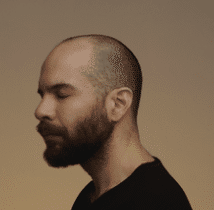
Damián Siqueiros
(Mexico, 1980), Damián uses art to create positive narratives that heal social and ecological environments through empathic visual storytelling. To achieve this, he uses a wide range of media including conceptual art photography, installation, video art, art direction, and education.
His Terra Sapiens project focuses on representing viable positive futures that emerge from the convergence of science, indigenous traditional knowledge, philosophy, art, and design. Social and ecological challenges seeking solutions through a synergistic approach.
The performing arts and specially dance, expressed through photography and video, have become an essential language for him, exploring complex themes thanks to their performative nature.
Throughout his career, Damian has participated in over 60 exhibitions in Canada and internationally, amongst which: the Art Museum of the Americas in Washington DC, the Frost Museum at Miami, Mexico, the MMCA Goyang Residency in South Korea, Toronto, Montreal and at the prestigious Tambaran Gallery in New York.
Art for Impact
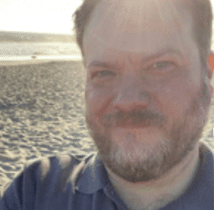
Gustavo Ortiz
(Mexico, 1973), Gustavo developed an interest in the diversity of culture and thought, by being exposed to them from an early age. For this reason, his love for the planet stems from having had the opportunity to live in Mexico City, Toronto, New York and Los Angeles. Gustavo has traveled extensively.
In this same way, he felt an attraction to science and technology, particularly chemical engineering, from which he graduated with honors.
Today he is very concerned about protecting our environment and developing the richness that diversity brings to human beings.
Science and Technology Advice
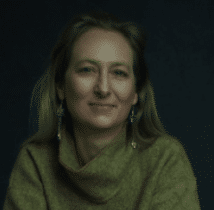
Antolina Ortiz Moore
(Mexico, 1971), Antolina considers herself a citizen of the world. Philosophy and meditation led her to admire the world in a different way. She founded the Morfo unschooling project, and the Liquidambar Non-profit organization, to promote ecological and cultural awareness without barriers. She coordinated a team which planted eleven thousand trees in a forest area in Mexico. Currently, Antolina lives and writes in Canada.
Her first published book was her social work thesis at the Universidad Iberoamericana, in Mexico, with a foreword by best-selling author, Elena Poniatowska.
Her novels have received the José Eufemio Lora and Lora prize and the international Juan Carlos Onetti prize (Peru, 2010), the First Mexican Women’s Short Novel Prize (2019), and have been selected for the prestigious Romulo Gallegos Literary Prize in Venezuela (2020) and the Nadal Literary Contest in Spain (one of the most important in Spanish literature).
Antolina publishes with Editorial Planeta (Latam) and Editorial Metalúcida (Buenos Aires).
Founder – Director
For twelve years we have shared a vision of the common good based on various formative, cultural and intercultural processes, as well as social intervention and peace building. We promote art, science, coexistence and ecological care for the benefit of the integral development of the person and their environment.
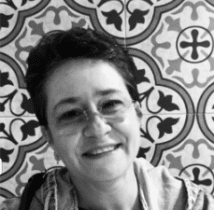
Adela Salinas
(Mexico, 1968) Adela has worked over 30 years as a journalist and a writer.
Her research focuses on strategies for social transformation through peace journalism.
She is the author of seven books. Her most recent ones are: Miradas de paz. In the eye of society (Ibero, 2022), Builders of peace in Mexico. Perspectives, processes and actions that dismantle violence (Ibero, 2019) and Piel Viva (A novel).
She is co-author of several essays and has participated in anthologies of short stories.
She was the coordinator of the conversations held on Education and Peacebuilding, as well as the Laboratory for Resolution of Socio-environmental Conflicts at IBERO University.
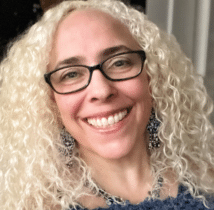
Miriam Valverde
(Mexico, 1972). Miriam is a communications specialist. She develops Graphic Design and Photography, based on her Art History studies. Aesthetics has always played an important role in her life.
She became a producer 20 years ago, and before that, she began her career dealing with customer service in tourism companies and solving problems in times of crisis.
She has participated in the production of various audiovisual projects, including the Marcel Sisniega film (2002) Fandango, The electronic music festival: Aca World Sound Fest (2002), where she was in charge of large work teams.
She started working on advertising in 2002-2003, when he returned to live in Mexico City. She was a photography producer and Art Buyer at Young & Rubicam and at Ogilvy, Mexico. She was the production director for different photographic and audiovisual production studios, including: Zone 5 with photographers like Ricardo Trabulsi, and Flavio Bizzarri (Italian photographer), at El Mall and at Revolver. She was Co-Founder of The Mix 360, where she worked at for 7 years. In 2022, she founded Mir I Am Productions, where she offers audiovisual production services.
Miriam is a specialist at assembling and coordinating work teams with experts in: photography, video, drone, animation, 3D, CGI.
Communication – Production – Networking
Honorary Members
Edgar Valverde Rubizewsky | Maria Ursula Sanchez Morales | Sandra Preciado Muñoz | Hazael Juárez Huetle | Jorge Ortiz
WHAT WE OFFER
Liquidambar non-proffit organization offers a variety of workshops, conferences, books, impact photography and exhibitions, related to culture, ecology and science. Our goal is to seek a broader and deeper process of understanding, in which ideas, skills and awareness may be acquired through knowledge and experience.
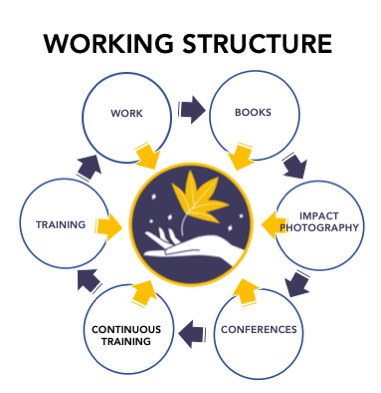
Projects that Grow and Flourish
Our experience in social projects has given us the tools to design workshops, courses, consultancies and written material that raise awareness for conflict resolution.
Morfo – Unschooling Workshops
Parallel to our reforestation work, we offered workshops on literary and artistic creation, science, universal history, general culture, and meditation, with interdisciplinary and intergenerational approaches. We had the pleasure of sharing the experience with children, youths and adults for over seven years. Our workshops had a human rights and peacebuilding perspective, and were directed and adapted to moving interests and objectives.
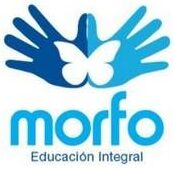
Reforestation in Xico, Veracruz
During the reforestation work we did on a 17-hectare pasture in the mist forest of Xico, Veracruz, more than a decade ago, we learned about the extreme hard work this entails.
Thanks to the participation of people from different backgrounds, we were able to plant over 11,000 trees and reforest with a success rate of over 87%.
Different species of trees were donated by the National Forestry Commission, CONAFOR and, since then, a large number of rubber trees, illites, walnuts, beech trees, oak, cypress trees and marigolds have grown. We planted some endangered species, such as the endemic magnolia with giant leaves and the “malkikis” or giant ferns. We also planted some flowering species, such as jacarandas, to benefit bees and insects that have migratory routes in the area.
